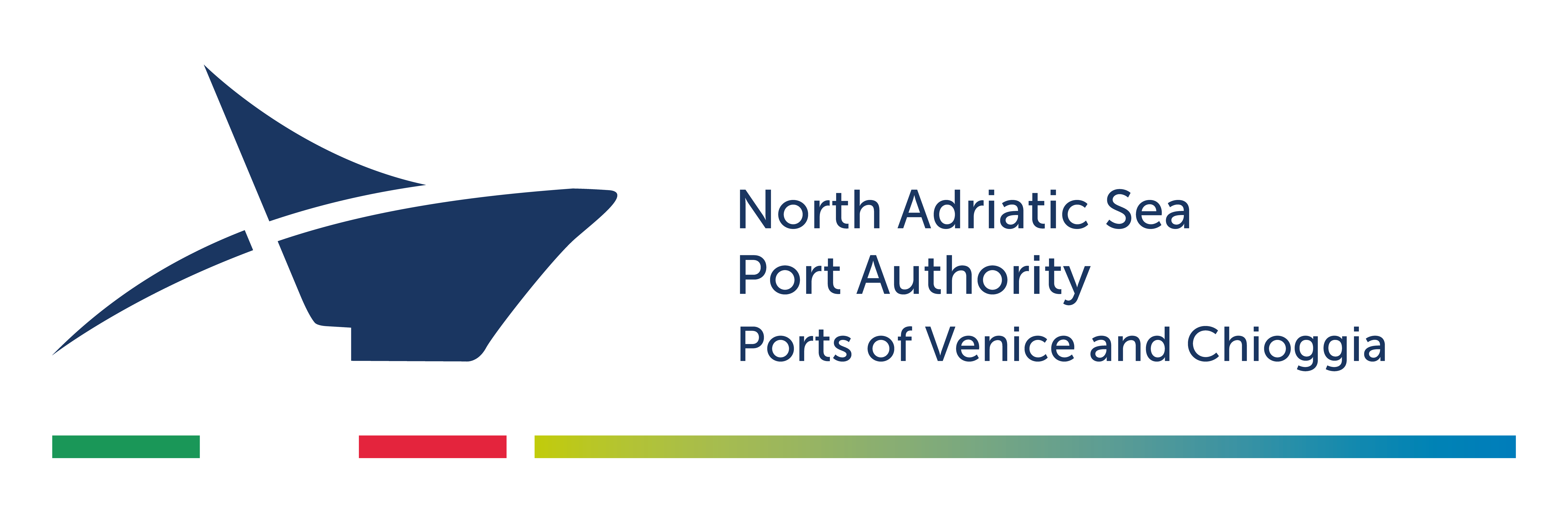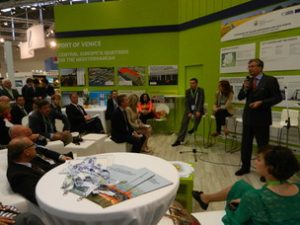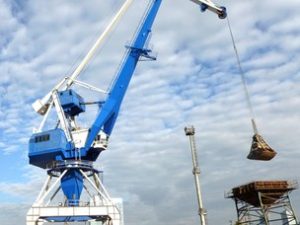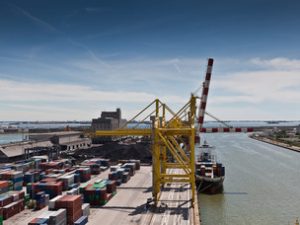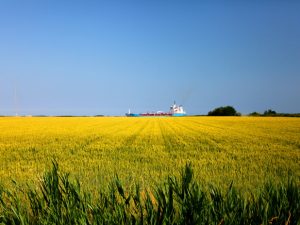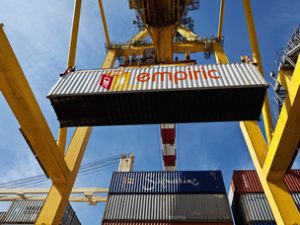
European Territorial Cooperation
Transport
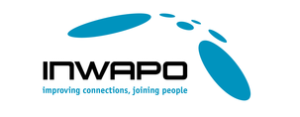
Upgrading of Inland Waterway and Sea Ports
Duration: 01/10/2011 – 31/12/2014
Project total budget: € 3,808,299.00
Central Europe’s inland waterways offer economical and environmentally friendly freight transport, but this potential is not sufficiently exploited. Main aim of the Strategic Project INWAPO was to increase the attractiveness of waterborne transport by improving the efficiency of the river and sea ports and foster functional integration of ports with their potential hinterland and also with other ports providing support to the implementation of investments in infrastructures and the activation of new intermodal transport services. INWAPO involved three main different waterway systems: the Northern Adriatic ports (Venice, Trieste and Koper), the Danube river ports (Vienna, Budapest, Bratislava and Komarno) and the Czech and Polish inland waterways (Elbe, Vistula and Oder systems), with an extension towards the Baltic ports.
Main results of the cooperation within INWAPO concentrate on the following topics:
- – deliver of an updated picture on the potential supply and demand of the waterway services and infrastructure in central Europe;
- – feasibility studies of new links to support the activation of transport services;
- – identification of development priorities to improve tri-modal accessibility allowing INWAPO partners to prepare investment plans and opportunities of joint cooperation;
- – pilot actions: preparation of strategic investments, ICT investments, test of new services.
Finally, three investments were carried out thanks to the project: purchase of a forklift in the Port of Vienna; infrastructures built at two cargo ship quays providing direct access to water and electricity in the Port of Budapest; renovation of a crane in the Port of Bratislava, allowing this port to attract and handle goods that haven’t been previously transported by river and concretely contributing to the modal shift (in particular, agricultural commodities from road to river).
Through this initiative, the port of Venice defined the demand for new freight transport services and infrastructures in four different sectors: iron and steel logistics, agrofood/feed logistics, refined oil and energy logistics and chemical logistics. Moreover, investments preparation has been supported for the optimization and enhancement of the broadband infrastructure in the port, the improvement of the port railway network – Porto Marghera – and the development of ICT system for the port rail management.
Brochure: click here
Final action plan: click here
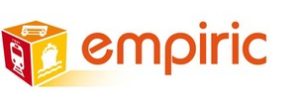
Enhancing Multimodal Platforms, Inland Waterways and Railways Integration in Central Europe
The EMPIRIC project (Enhancing Multimodal Platforms, Inland Waterways and Railways Integration in Central Europe) has been developed to support the start up and improvement of multimodal connections from/to North Adriatic Ports with Central Europe hinterland.
Main objectives of EMPIRIC include:
- – improvement of technology and policy instruments to allow transport operators and logistic services providers to develop more effective and sustainable transport solutions (including specific ICT tools);
- – support the activation of economically viable multimodal services linking, in particular, Nord Adriatic Ports (NAPA) with the Central European regions and integrating individual modes to greener logistic chains;
- – preparation of initial conditions for infrastructural investments to new alternative multimodal platforms and services in the programme area and evaluation of economic, social and environmental impacts of such investments.
Project website: www.dampfenstattrauchen.net
SOuth NORth Axis
Duration: 01/11/2008 – 31/07/2012
Budget totale del progetto: € 7.098.964,99
SoNorA is a transnational cooperation project, financed within the Accessibility priority of the CENTRAL EUROPE Programme, which aims to help regions across Central Europe.
The project aimed to developing accessibility in South North direction, between the Adriatic and Baltic seas, in terms of:
- – Making the SoNorA network real, through support for the completion of transport infrastructure;
- – Activating and improving multimodal freight logistics services;
- – Developing transnational action plans for future realisations;
- – Supporting new regional development opportunities, due to transport network improvements.
Led by Veneto Region (Italy), the project consortium was composed of 25 Partners from 6 EU Countries (Austria, Czech Republic, Germany, Italy, Poland, Slovenia) and 35 Associated Institutions.
Project website: www.sonoraproject.eu
